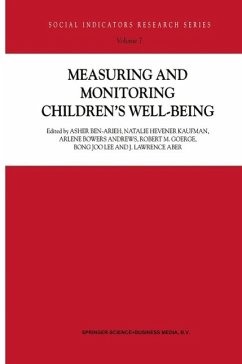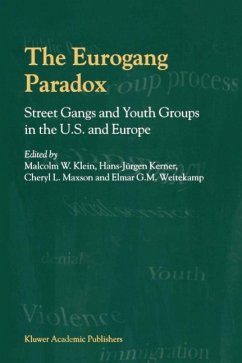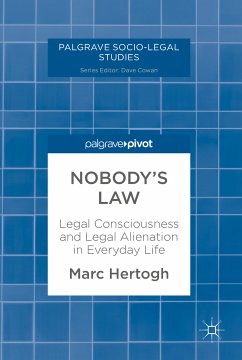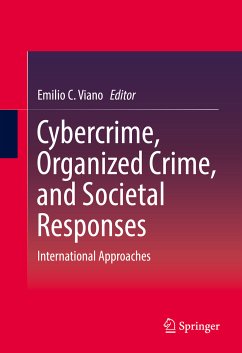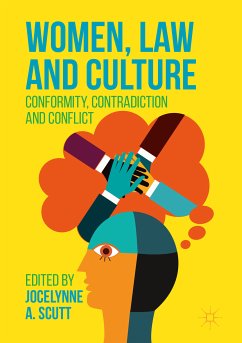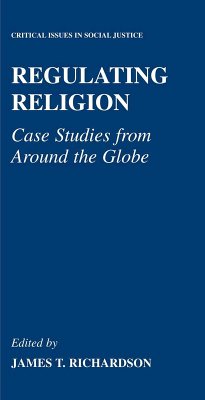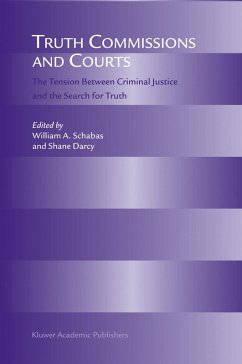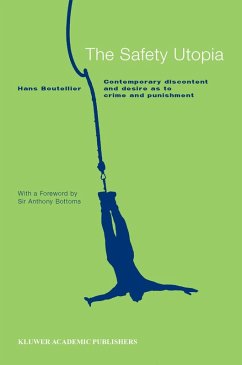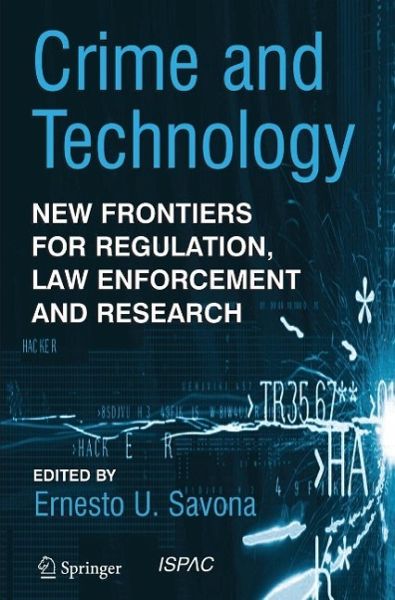
Crime and Technology (eBook, PDF)
New Frontiers for Regulation, Law Enforcement and Research
Redaktion: Savona, Ernesto U.
Versandkostenfrei!
Sofort per Download lieferbar
72,95 €
inkl. MwSt.
Weitere Ausgaben:

PAYBACK Punkte
36 °P sammeln!
Guido Rossi As Chairman of ISPAC, I want to thank all the contributors to this book that originates from the International Conference on Crime and Technology. This could be the end of my presentation if I did not feel uneasy not considering one of the problems I believe to be pivotal in the relationship between crime and technology. I shall also consider that the same relationship exists between terror and globalization, while globalization is stemming from technology and terror from crime. Transnational terrorism is today made possible by the vast array of communication tools. But the paradox...
Guido Rossi As Chairman of ISPAC, I want to thank all the contributors to this book that originates from the International Conference on Crime and Technology. This could be the end of my presentation if I did not feel uneasy not considering one of the problems I believe to be pivotal in the relationship between crime and technology. I shall also consider that the same relationship exists between terror and globalization, while globalization is stemming from technology and terror from crime. Transnational terrorism is today made possible by the vast array of communication tools. But the paradox is that if globalization facilitates terrorist violence, the fight against this war without borders is potentially disastrous for both economic development and globalization. Antiterrorist measures restrict mobility and financial flows, while new terrorist attacks could lead the way for an antiglobalist reaction. But the global society has yet to agree on a common definition of terrorism or on a common policy against it. The ordinary traditional criminal law is still depending on the sovereignty of national states, while international criminal justice is only a spotty and contested last resort. The fragmented and weak international institutions and underdeveloped civil societies have no power to enforce criminal justice against t- rorism. At the same time, the states that are its targets have no interest in applying the laws of war (the Geneva Conventions) to their fight against terrorists.
Dieser Download kann aus rechtlichen Gründen nur mit Rechnungsadresse in A, B, BG, CY, CZ, D, DK, EW, E, FIN, F, GR, HR, H, IRL, I, LT, L, LR, M, NL, PL, P, R, S, SLO, SK ausgeliefert werden.




